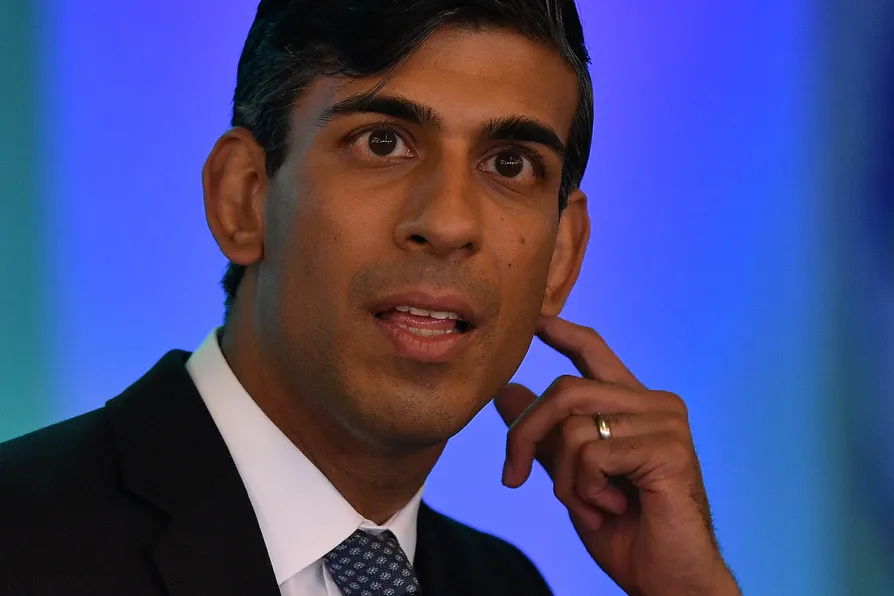Don't leave low-paid workers on less than minimum wage, Sunak told
Unions call on government to increase furlough scheme from 80% of workers' wages to 100%


UNIONS warned Chancellor Rishi Sunak toay not to leave low-paid workers struggling on less than the minimum wage after he extended the furlough scheme to March next year.
They called on the government to increase its 80 per cent contribution to workers’ wages to 100 per cent, so that those on minimum wage get their full pay if their bosses do not top up their wages.
Two million low-paid workers who were furloughed under the coronavirus Job Retention Scheme were surviving on less than the minimum wage of £8.72 an hour for people aged at least 25, analysis from the Office for National Statistics revealed this week.
Similar stories

Experts warn not to overplay the risk of wage growth to inflation













